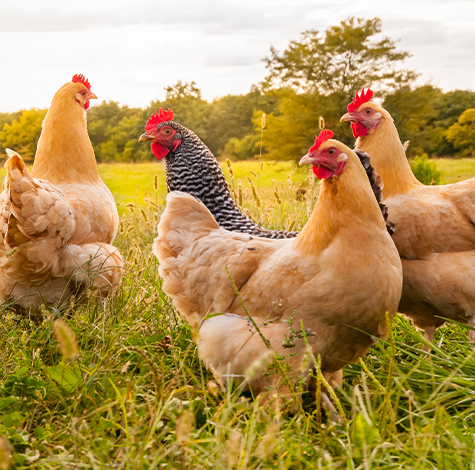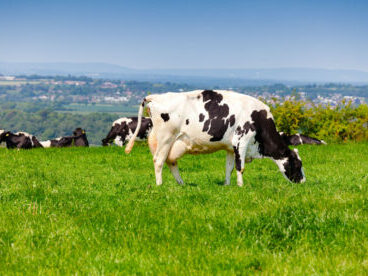paying closer attention to the actual fatty acids in the diet will help improve feed efficiency and performance
Time to look beyond total oil
For too long, the fat content in diets has been assessed based on total oil content, but paying closer attention to the actual fatty acids in the diet will help improve feed efficiency and performance, as Mike Chown from UFAC-UK explains.
As we have understood more about the cow’s requirements and how feeds behave in the rumen and elsewhere in the digestive tract, so we have been able to formulate more precise, better performing diets.
For example, when looking at energy we know that we need a balance of starch, sugar and fibrous energy sources fermenting at different rates to optimise rumen function.
Similarly, no-one today would dream of rationing a cow on crude protein because we know much more about how protein is digested and can formulate for RDP, DUP and increasingly, for individual amino acids. By doing so we can more accurately provide what the cow needs.
With regards to oils and fatty acids, many ration programs and feed formulators are still content to just talk in terms of total oil, missing the point that different fatty acids deliver different benefits, while some can have negative impacts on animal performance.
Diet effectiveness and cow performance can both be improved if we go beyond total oil and look at the specific fatty acids.
Fat choice aids digestibility
For example, C18:1 Oleic acid is one of the good guys. It actually has a positive effect on the digestibility of the whole diet and therefore improves feed conversion. On the other hand if your diet contains C18:0, Stearic acid, as many proprietary fat products do, it will reduce the performance of the whole diet as C18:0 actually has a negative effect on total diet digestibility. If you formulate on total oil alone, you will not be maximising overall diet potential.
Similarly, the ratio of fatty acids is important. The optimum ratio of C16:0 to C18:1 will improve NDF fermentation in the diet and boost total energy available.
Finally, some fatty acids cannot be synthesised by the cow and so have to be fed, in particular the omega 3 and omega 6 fatty acids which are linked to better reproductive performance and a stronger immune system. Total oil will not tell you whether or not you are feeding cows the essential omega 3 oils they require.
As farmers look to increase efficiency to improve margins, it will pay to look at the actual fatty acids fed as opposed to total oil levels.


 Back to News
Back to News 



